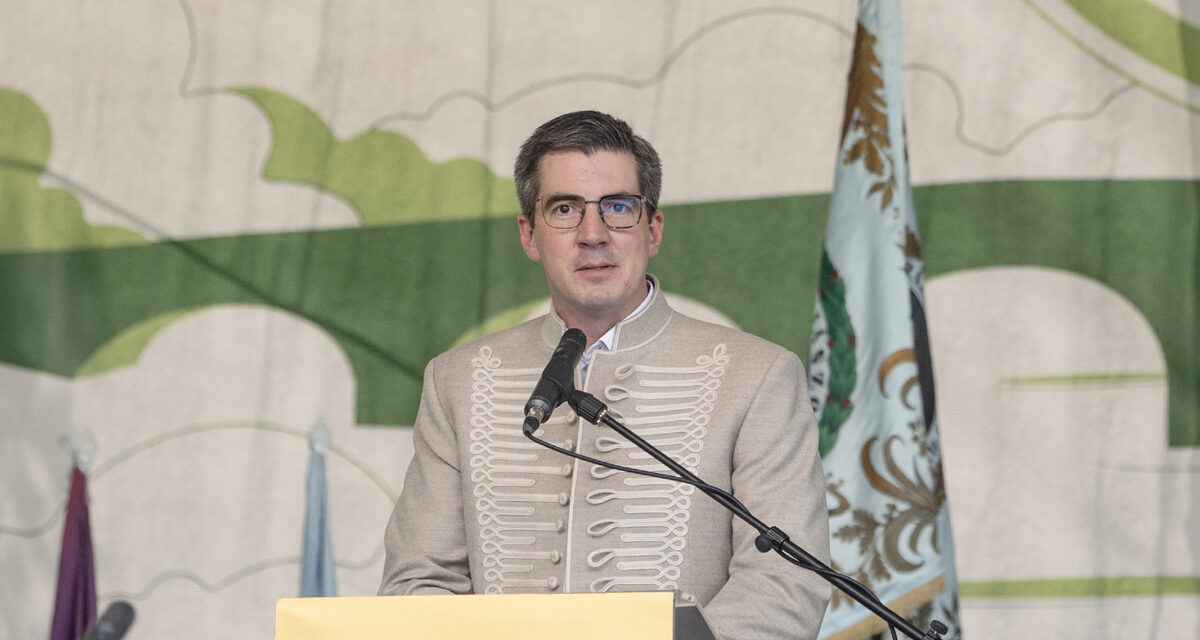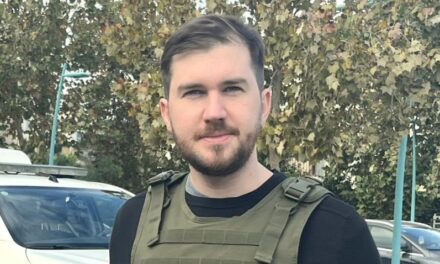According to Máté Kocsis, one can also learn from the Jász that the future of the nation and freedom are not measured in money.
The Jászs never tolerated oppression either from the West or the East, said the leader of the Fidesz faction on Saturday in Jászdózsa, on the second day of the three-day 27th Jász World Meeting.
The politician from the ruling party, who is also the main patron of the event, said: the world meeting is about nurturing the historical traditions of the Jasz people, preserving their culture and self-awareness. He reminded that the ancestors of the Jászs were in the Carpathian basin even when the other peoples, later classified as Hungarians, were not yet. There are few peoples in Hungarian history with such a long history and adventurous history as the Jász, he said, noting that the Jász were never subject to landlords, never tolerated oppression and only owed money to the Palatine.
This is the redemption, value, strength that is in the jazós, and which "all other Hungarians must learn," he emphasized.
He recalled that in 1745, the Jaszians redeemed their freedom for 580,000 Rhine forints, and even though this amount was equal to the country's entire annual budget at the time, it was paid, he said.
"What can all of us Hungarians learn from the Jász?" Máté Kocsis asked the question.
According to him, one can learn from the Jász that submission and arbitrariness cannot be tolerated, neither from the West nor from the East, and that the future of the nation and freedom are not measured in money, it has "no price", and when it comes to the nation, the genus, then there is complete unity. These are familiar thoughts even today, he added.
The leader of the faction said that one can only learn from the Jász, "now we really need the faith of the Jász, the principles of the Jász and the strength of the Jász".
János Pócs, the Fidesz parliamentary representative of the region and the patron of the event, called the Jász a community that holds them together. He added: while other countries fell into crises, "we Hungarians remained on our feet" and this was only due to the cooperation achieved based on the example of the Jászós.
Zoltán Borbás, the vice president of the Jász-Nagykun-Szolnok County Assembly (Fidesz-KDNP), spoke about how the Jász people preserve the traditions of their homeland and the identity they received from their ancestors. We must draw strength from them and pass them on to the next generation, he said.
Sándor Baranyi, the mayor of Jászdózsa (Fidesz-KDNP) said: the love of the homeland unites the people of Jászdózsa, the local residents and their descendants.
The event was attended by the mayors of the Jász settlements, the Jász and Kunkan captains.
At the ceremony in Szent Mihály Square, the parish and settlement awards were presented. This year's award for Jászság was given to László Mozsár, mayor of Jászágó (Fidesz-KDNP). After the report of the outgoing jász captain Sándor Szöllősi, the inauguration of the future jász captain Gábor Kiss followed.
The first world meeting of the Jasz was held in Jászberény in 1995 on the occasion of the 250th anniversary of the redemptio The story of the self-redemption of the Jász began in 1702, when Emperor Lipót I sold the territories inhabited by the Jász and Kunos to the German Knights. However, the people living there did not settle for this, and in 1745 they bought back their freedom and old privileges with their own money.
MTI
Featured image: MTI/Péter Komka













